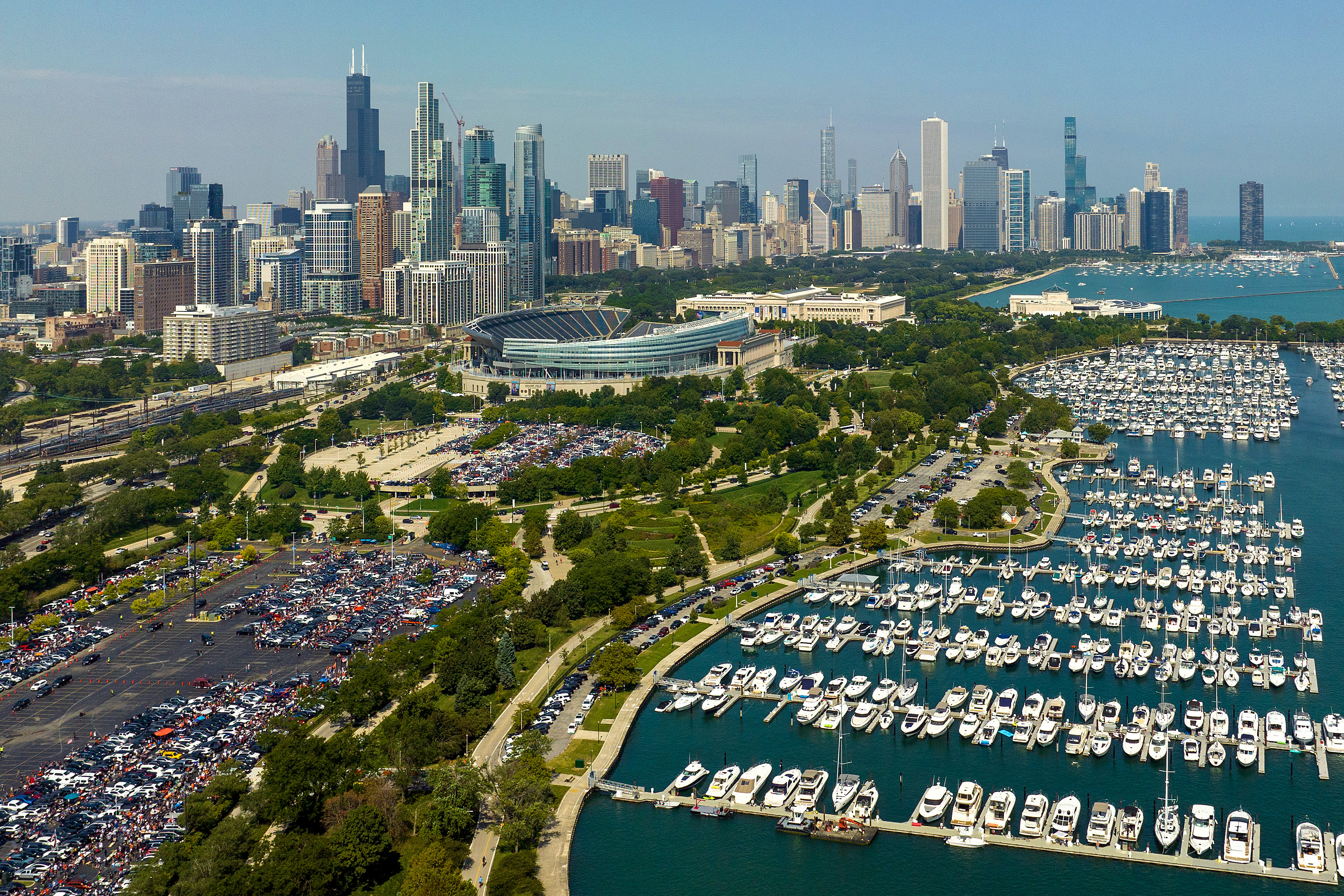Proponents of the “Bring Chicago Home” referendum, designed to give city voters an opportunity to determine how real estate transfer taxes are assessed, called early election returns on the measure "disappointing," but have vowed to continue fighting.
With 96% of precincts reporting as of Tuesday night, the measure is failing by just over 23,000 votes, with 54% of voters voting against the proposed ordinance.
Here are the latest updates on the ordinance:
Feeling out of the loop? We'll catch you up on the Chicago news you need to know. Sign up for the weekly Chicago Catch-Up newsletter here.
According to the Chicago Board of Elections, there were nearly 110,000 vote-by-mail ballots that had not been received as of Tuesday morning, and the Associated Press had not yet made a call in the referendum as of 10 p.m. Tuesday.
“While tonight’s election results are disappointing, we are nowhere near the end of our journey,” the group said in a statement. “Whatever the final count, one thing is abundantly clear tonight: how determined our opponents are to continue profiting from displacement and inequality.”
The "Bring Chicago Home" advocacy group says that their efforts have “made our movement stronger over the long haul,” indicating that they will continue to push for similar efforts in the future.
Local
The Illinois Policy Institute, a conservative-leaning thinktank that led legal opposition to the measure, called the vote a "political blow" to Chicago Mayor Brandon Johnson, who supported the ordinance.
"Even in a low-turnout primary, Mayor Johnson failed to move enough voters to advance his chief proposal to hike Chicago's real estate taxes," CEO Matt Paprocki said in a statement. "This is a political blow to Johnson and the Chicago Teachers Union, who aggressively supported this tax hike."
According to supporters, the measure would help to generate funding to address homelessness concerns in the city, providing monies for various projects and shelter initiatives. Critics of the measure said that it could have a chilling impact on the city’s commercial real estate market, which is still trying to recover after the COVID pandemic.
There were also criticisms over how money would be allocated, with elected members of the "Bring Chicago Home" board being appointed by the City Council and Mayor Brandon Johnson.
If the measure fails, it will likely be viewed as a rebuke of Johnson, who has been criticized for his handling of numerous crises in the city during his time in office.
Rather than taxing property specifically, transfer taxes only apply when a property is sold, whether that be a residential or a commercial property.
As things stand, all real estate transfers in the city are taxed at a rate of $3.75 per $500 of assessed value.
Under the proposed referendum, that tax would have been changed to a graduated rate. For property values under $1 million, the tax rate would be $3 for every $500, a reduction of 20%.
For property values over $1 million and under $1.5 million, the tax rate would increase to $10 per $500 in value, an increase of 166.67%. Finally, any value over $1.5 million would be taxed at a rate of $15 for every $500 in value, an increase of 300%.
Supporters of the measure said that would decrease the transfer tax rates for 94% of properties in the city, but opponents warn that it would have had a damaging impact on commercial real estate transfers, causing fewer businesses to relocate into the city.



